Introduction
Data parsing is the process of taking data in one format and reworking it to a different format. you will find parsers used everywhere. They’re commonly utilized in compilers once we get to parse code and generate machine language.
Parsers also are present in SQL engines. SQL engines parse a SQL query, execute it, and return the results.
In the case of web scraping, this usually happens after data has been extracted from an internet page via web scraping. Once you’ve scraped data from online, the subsequent step is making it more readable and better for analysis in order that your team can use the results effectively.
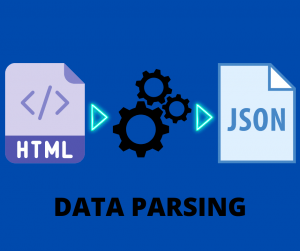
A good data parser isn’t constrained to particular formats. you ought to be ready to input any data type and output a special data type.
Parsers are heavily utilized in web scraping because the raw HTML we receive isn’t easy to form a sense of. We’d like the info to become a format that’s interpretable by an individual. This may mean generating reports from HTML strings or creating tables to point out the foremost relevant information.
Even though there are multiple uses for parsers, the main target of this article is going to be data parsing for web scraping.
How to build a knowledge parser
Regardless of what sort of data parser you select, an honest parser will find out what information from an HTML string is beneficial and support pre-defined rules. There are usually two steps to the parsing process, lexical analysis and syntactic analysis.
Lexical analysis is the initiative in data parsing. It basically creates tokens from a sequence of characters that inherit the parser as a string of unstructured data, like HTML. The parser makes the tokens by using lexical units like keywords and delimiters.
After the parser has separated the info between lexical units, it discards all of the irrelevant information and passes the relevant information to subsequent steps.
The next part of the info parsing process is syntactic analysis. The parser takes the relevant tokens from the lexical analysis step and arranges them into a tree. Any longer irrelevant tokens, like semicolons and curly braces, are added to the nesting structure of the tree.
Once the parse tree is finished, then you’re left with relevant information during a structured format which will be saved in any file type. There are several alternative ways to create a knowledge parser, from creating one programmatically to using existing tools. It depends on your business needs, what proportion of time you’ve got, what your budget is, and a couple of other factors.
To get started, let’s take a glance at HTML parsing libraries.
HTML parsing libraries
HTML parsing libraries are great for adding automation to your web scraping flow. you’ll connect many of those libraries to your web scraper via API calls and parse data as you receive it.
Here are a couple of popular HTML parsing libraries:
Scrapy or BeautifulSoup
These are libraries written in Python. BeautifulSoup may be a Python library for pulling data out of HTML and XML files. Scrapy may be a data parser that will even be used for web scraping. When it involves web scraping with Python, there are tons of options available and it depends on how hands-on you would like to be.
Cheerio
If you’re willing to work with Javascript, Cheerio may be a good option. It parses markup and provides an API for manipulating the resulting arrangement. you’ll also use Puppeteer. This will be wont to generate screenshots and PDFs of specific pages which will be saved and further parsed with other tools. There are many other JavaScript-based web scrapers and web parsers.
JSoup
For people who work primarily with Java, there are options for you also. JSoup is one option. It allows you to figure with real-world HTML through its API for fetching URLs and extracting and manipulating data. It acts as both an internet scraper and an internet parser. It is often challenging to seek out other Java options that are open-source, but it’s definitely worth a glance.
Nokogiri
There’s an option for Ruby also. Take a glance at Nokogiri. It allows you to figure with HTML and HTML with Ruby. It’s an API almost like the opposite packages in other languages that allow you to query the info you’ve retrieved from web scraping. It adds an additional layer of security because it treats all documents as untrusted by default. Data parsing in Ruby is often tricky because it is often harder to seek out gems you’ll work with.
Regular expression
Now that you simply have a thought of what libraries are available for your web scraping and data parsing needs, let’s address a standard issue with HTML parsing, regular expressions. Sometimes data isn’t well-formatted inside an HTML tag and we have to use regular expressions to extract the info we’d like.
You can build regular expressions to urge exactly what you would like from difficult data. Tools like regex101 are often simple thanks to testing out whether you’re targeting the right data or not. For instance, you would possibly want to urge your data specifically from all of the paragraph tags on an internet page. That regular expression might look something like this:
/(.*)/
The syntax for normal expressions changes slightly depending on which programming language you’re working with. Most of the time, if you’re working with one among the libraries we listed above or something similar, you will not need to worry about generating regular expressions.
Building your own parser
When you need full control over how your data is parsed, building your own tool is often a strong option. Here are a couple of things to think about before building your own parser.
A custom parser is often written in any programming language you wish. you’ll make it compatible with other tools you’re using, sort of a web crawler or web scraper, without fear about integration issues.
In some cases, it’d be cost-effective to create your own tool. If you have already got a team of developers in-house, it’s not too big of a task for them to accomplish.
You have granular control over everything. If you would like to focus on specific tags or keywords, you’ll do this. Any time you’ve got an update to your strategy, you will not have any problems with updating your data parser.
Although on the opposite hand, there are a couple of challenges that accompany building your own parser.
The HTML of pages is constantly changing. this might become a maintenance issue for your developers. Unless you foresee your parsing tool becoming of giant importance to your business, taking that point from development won’t be effective.
It is often costly to create and maintain your own data parser. If you do not have a developer team, contracting the work is an option but that would cause step bills supporting developers’ hourly rates. You will also have to buy, build, and maintain a server to host your custom parser on. it’s to be fast enough to handle all of the info that you simply send through it alternatively you would possibly run into issues with parsing data consistently. You’ll even have to make sure that the server stays secure since you would possibly be parsing sensitive data.
Having this level of control is often nice if data parsing may be a big part of your business, otherwise, it could add more complexity than is important. There are many reasons for wanting a custom parser, just confirm that it’s well worth the investment over using an existing tool.
Parsing schema.org metadata
There’s also a different way to parse web data through a website’s schema.
Web schema standards are managed by schema.org, a community that promotes schema for structured data online. Web schema is employed to assist search engines to understand information on sites and supply better results.
There are many practical reasons people want to parse schema metadata. For instance, companies might want to parse schema for an e-commerce product to seek out updated prices or descriptions. Journalists could parse certain sites to urge information for his or her news articles. There also are websites that may aggregate data like recipes, how-to guides, and technical articles.
Schema comes in several formats. You’ll hear about JSON-LD, RDFa, and Microdata schema.
JSON-LD is JavaScript Object Notation for Linked Data. This is often made from multi-dimensional arrays. It’s implemented using the schema.org standards in terms of SEO. JSON-LD is usually more simple to implement because you’ll paste the markup directly into an HTML document.
RDFa is suggested by the planet Wide Web Consortium (W3C). It’s wont to embed RDF statements in XML and HTML. One big difference between this and therefore the other schema types is that RDFa only defines the metasyntax for semantic tagging.
Microdata may be a WHATWG HTML specification that wants to nest metadata inside existing content on sites. Microdata standards allow developers to style a custom vocabulary or use others like schema.org.
All of those schema types are easily parsable with a variety of tools across different languages. There is a library from ScrapingHub, another from RDFLib.
Existing data parsing tools
We’ve covered a variety of existing tools, but there are other great services available. for instance, the Scrapingpass Google Search API. This tool allows you to scrape search leads in real-time without fear of server uptime or code maintenance. you simply need an API key and an inquiry query to start out scraping and parsing web data.
There are many other web scraping tools, like JSoup, Puppeteer, Cheerio, or BeautifulSoup.
A few benefits of buying an internet parser include:
- Using an existing tool is low maintenance.
- You don’t need to invest tons of your time in development and configurations.
- You’ll have access to support that’s trained specifically to use and troubleshoot that specific tool.
- Some of the downsides of buying an internet parser include:
- You won’t have granular control over everything the way your parser handles data. Although you’ll have some options to settle on from.
- It might be an upscale upfront cost.
- Handling server issues won’t be something you would like to stress about.
Final thoughts
Parsing data may be a common task handling everything from marketing research to gathering data for machine learning processes. Once you’ve collected your data employing a mixture of web crawling and web scraping, it’ll likely be in an unstructured format. This makes it hard to urge insightful meaning from it.
Using a parser will assist you to transform this data into any format you would like whether it’s JSON or CSV or any data store. you’ll build your own parser to morph the info into a highly specified format otherwise you could use an existing tool to urge your data quickly. Choose the choice which will benefit your business foremost.


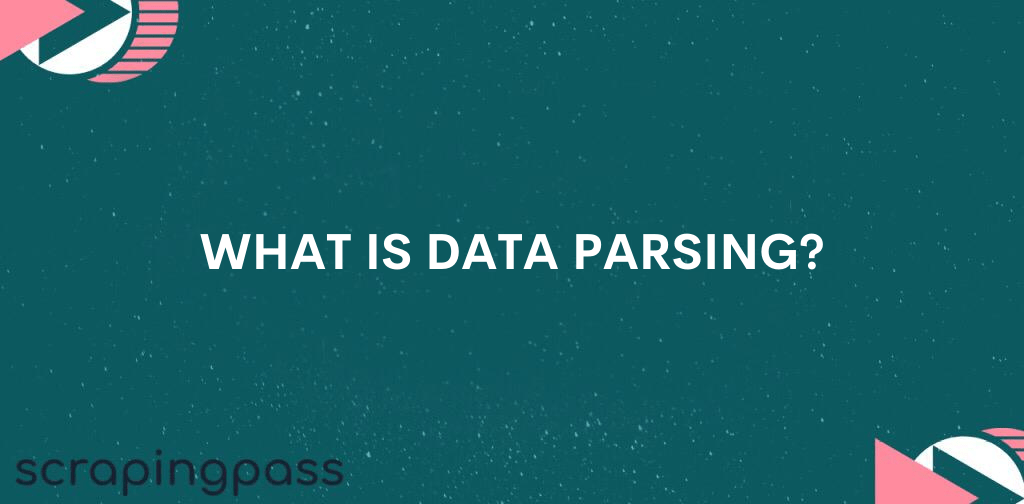
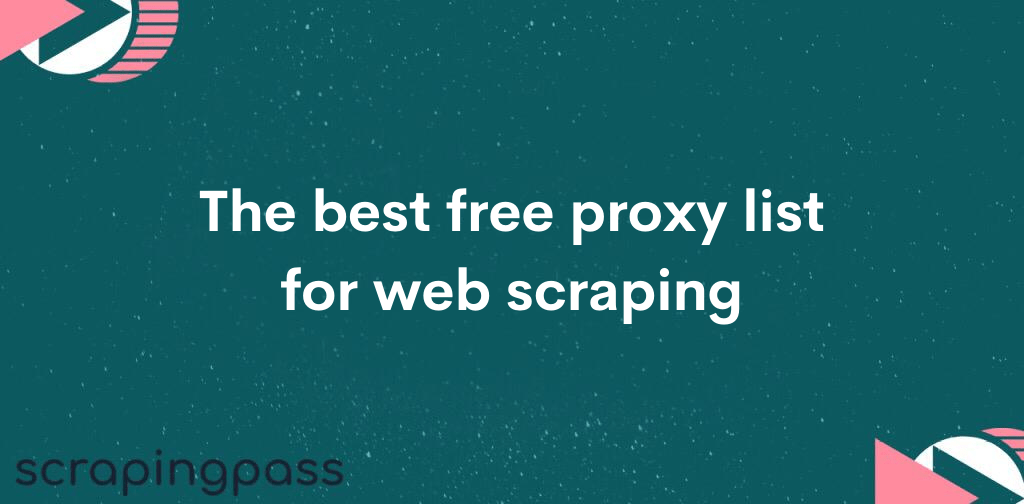
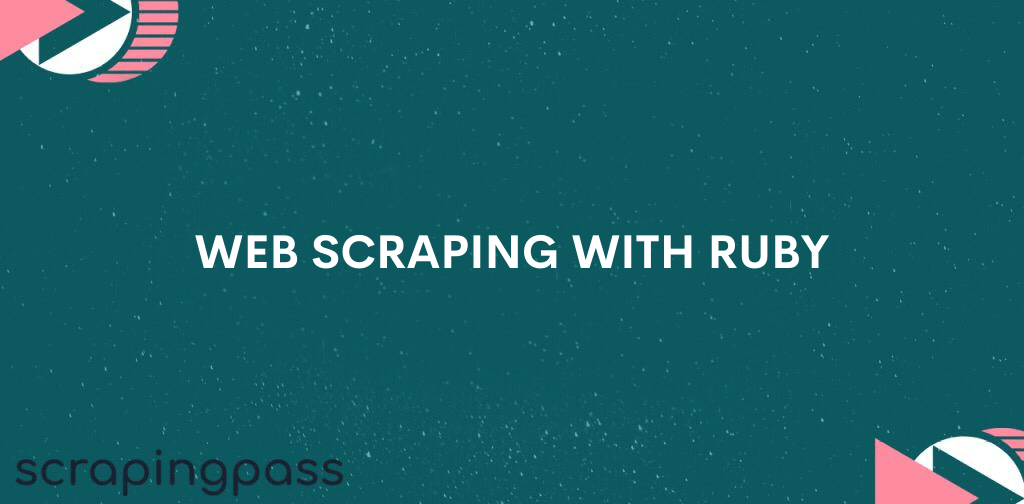
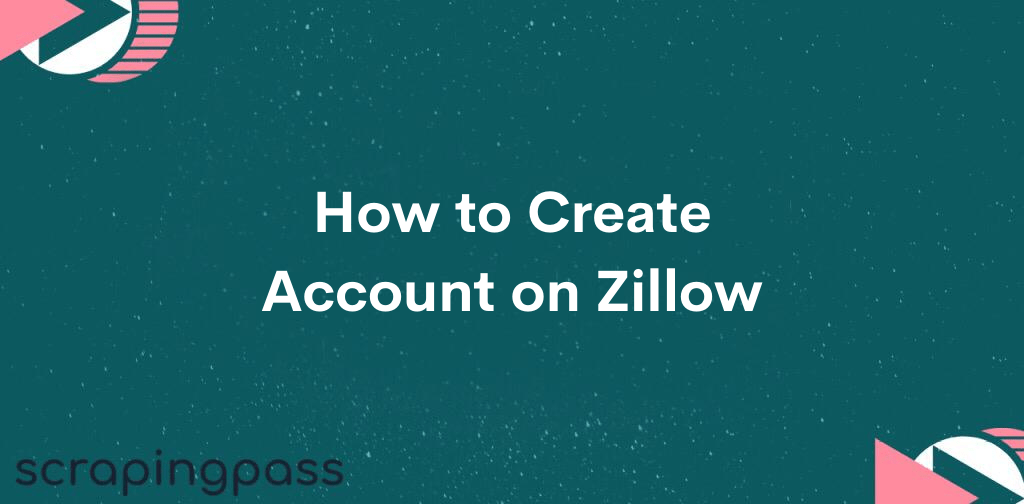

Abhishek Kumar
More posts by Abhishek Kumar